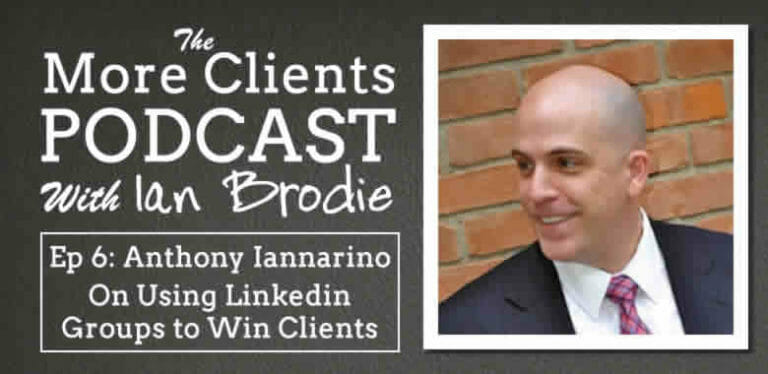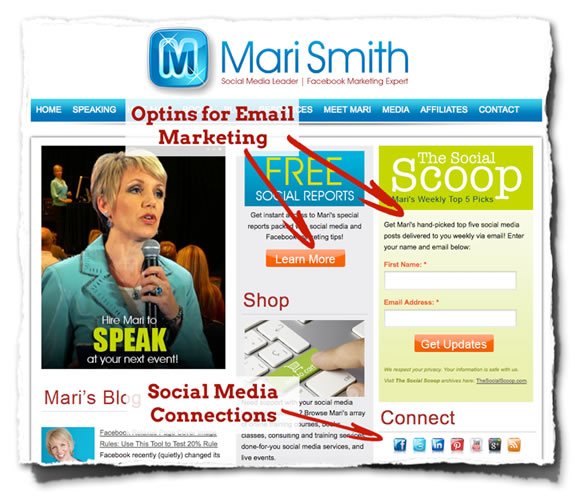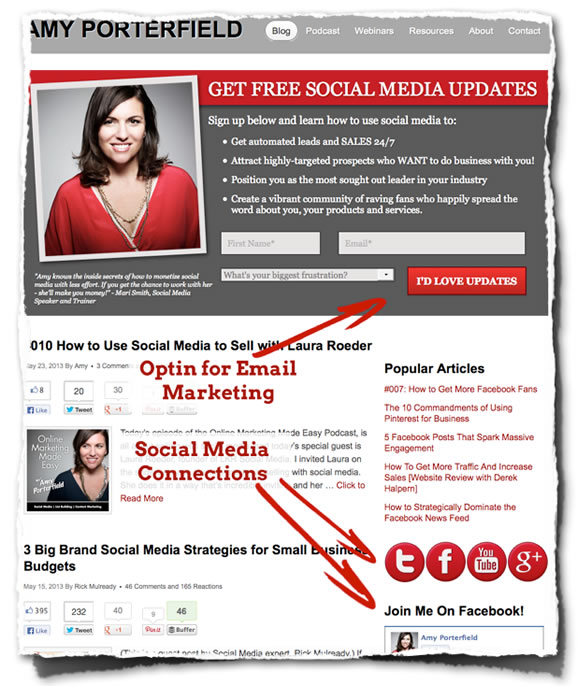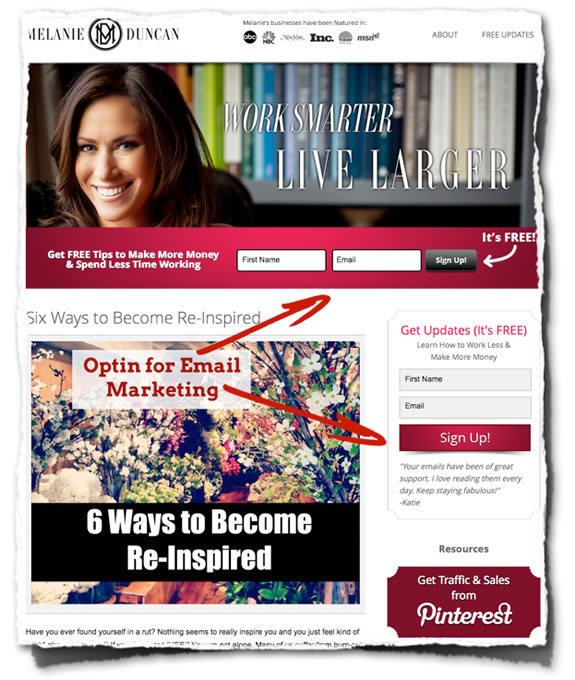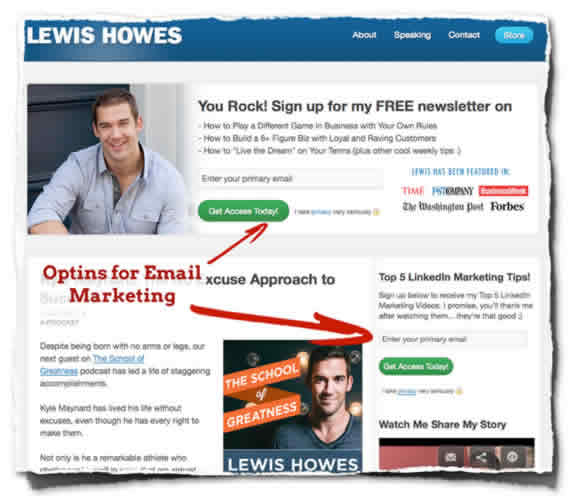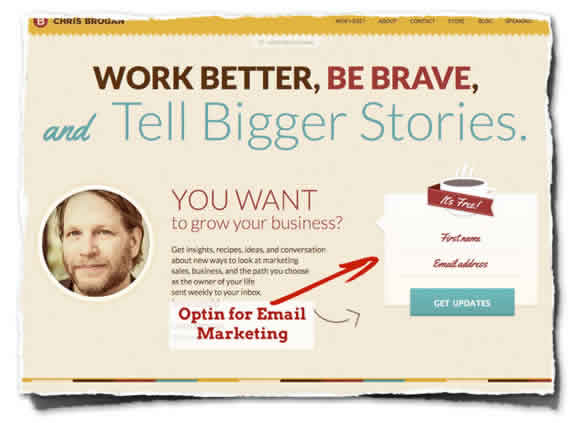Featured
Posted by Ian Brodie on June 23rd, 2013.
Ian Brodie on June 23rd, 2013.
Have you ever been in a meeting with a client or potential client where you felt something was going on, but you just didn't know how to deal with it?
Maybe you felt a certain unease coming back from your potential client when you proposed that project.
Or maybe it felt like your client wasn't really paying attention when you discussed the agenda for your next meeting.
Or maybe you got the impression they just didn't believe you when you told them about the improvements they'd get from your service. Or it felt like they were “fobbing you off” when they asked you to write up a proposal for them.
Sometimes you know something's not quite right, but you don't know what to do about it.
So typically what we do is plough ahead.
We ignore the feeling of discomfort we have. We proceed as if the client has fully bought in even though our gut is telling us they haven't. We just get off and do that proposal even though in our heart we know there's something else the client is looking for.
And nine times out of ten, our gut instinct was right. The client had a concern they weren't voicing. Or some bigger issue was on their mind. Or they really weren't interested in the project but didn't want to say so, so they asked for a proposal anyway.
Years ago I read a sentence in the book “Let's Get Real, Or Let's Not Play” by Mahan Khalsa that changed the way I handled these situations and made a massive difference to the outcomes I got.
It said: “If you feel it, find a way to say it”.
So you'd say something like “I'm getting the feeling that this may not be exactly what you're looking for right now” and then wait for their reply.
Or “It feels like something else is a bigger priority for you right now – would you like to focus on that instead?”
Or “you know, I'm getting the sense you're not really convinced this'll work – what's your concern?”
If you feel something isn't quite right, get it out on the table.
Not in an aggressive or accusatory way. Talk about what you're feeling and it doesn't make it seem like you're blaming them.
It takes a bit of courage to do this. You might not want to hear what they have to say. But it's a lot better to hear it now when you can do something about it than let the concern fester and have it come back to bite you later.
And more often than not they'll open up. They'll tell you what's concerning them. It'll be a relief for them. They didn't come out with it initially because they didn't want to hurt your feelings.
And once the issue is out in the open, you can deal with it. Or if it can't be dealt with, you don't waste any more time both pretending things are going swimmingly. You part amicably.
This is an incredibly powerful approach when you're in a sales meeting with a potential client.
Usually what happens when you feel your potential client isn't quite ready to buy is you wheel out reason after reason why this is a good thing. And it feels more and more to them like you're trying to push something on them.
But if you just say “it feels like you still have maybe a couple of concerns about moving ahead…” they they usually tell you exactly what the issue is. And often it's something you just wouldn't have thought of yourself.
Once it's out in the open you can address it. Unspoken, it becomes a barrier to the sale.
All it takes is that little bit of bravery to be honest with the client and tell them what you're feeling.
And you get a huge payoff.
 Don't take it personally – but you've got to ask yourself that question.
Don't take it personally – but you've got to ask yourself that question.
